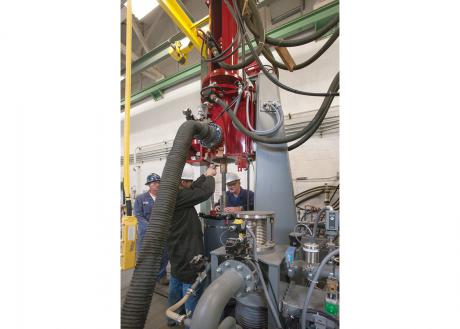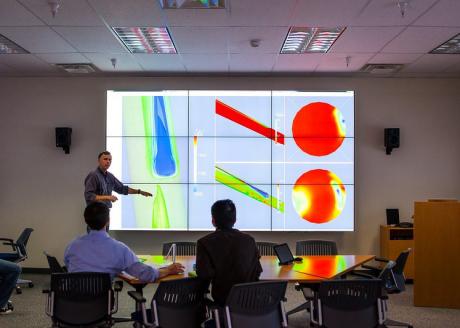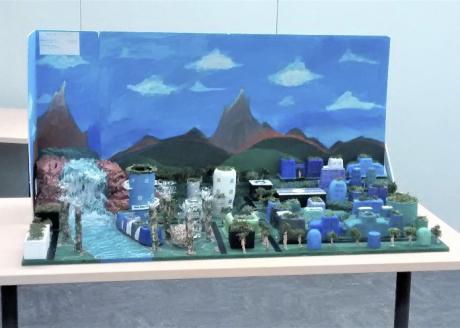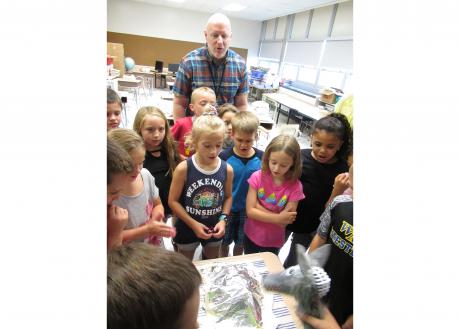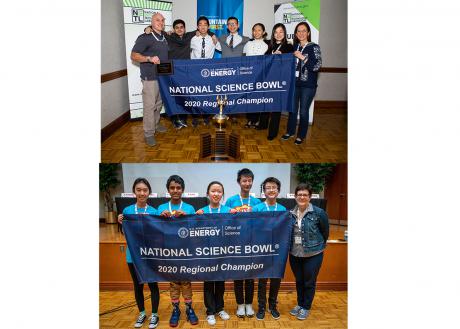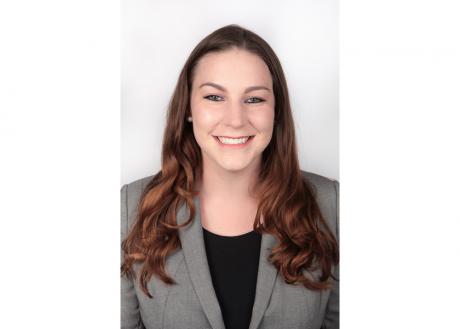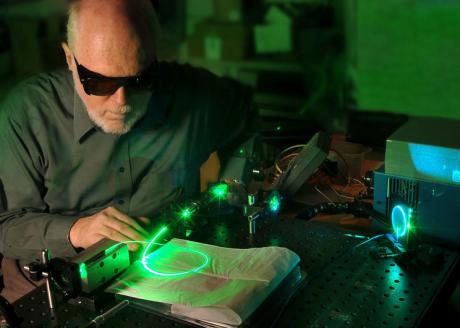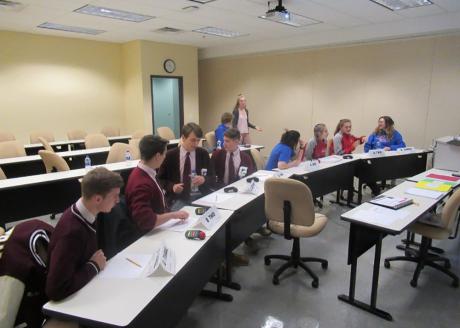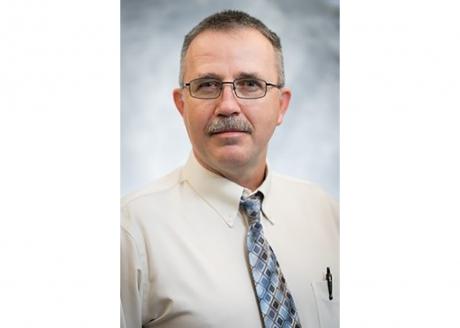NETL will share its expertise and research in materials sciences at The Minerals, Metals, and Materials Society’s (TMS) 2020 Annual Meeting and Exhibition Feb. 23-27 in San Diego.
Lab representatives will join more than 4,000 engineers, scientists, business leaders, students and other professionals in the minerals, metals, and materials fields from 70 nations for a week of comprehensive, cross-disciplinary exchange of technical knowledge.
In addition to NETL’s participation in about 50 separate project presentations, the Lab will host a booth at the event to network and showcase the Lab’s contributions to the greater materials science community. TMS2020 will provide a space for the work of several NETL researchers, and will feature more than 85 symposia on a broad range of topics, including, but not limited to: physical metallurgy, characterization, light metals, materials processing, corrosion, biomaterials, and materials design.
About
News and Events
Research and Programs
Carbon Management Point Source Carbon Capture Carbon Dioxide Removal Carbon Dioxide Conversion Carbon Transport & Storage Hydrogen with Carbon Management
Resource Sustainability Methane Mitigation Technologies Minerals Sustainability Natural Gas Decarbonization and Hydrogen Technologies Advanced Remediation Technologies Energy Asset Transformation
Key Lab Initiatives Advanced Alloys Signature Center (AASC) Science-based Artificial Intelligence and Machine Learning Institute (SAMI) Center for Microwave Chemistry (CMC) Center for Sustainable Fuels and Chemicals (CSFC)
Energy Technology Development Office of Energy Efficiency and Renewable Energy Battery Workforce Initiative Cybersecurity, Energy Security, and Emergency Response Office of Electricity
Business
Work with Us

Library
Explore our Library

Approved Categorical Exclusions Environmental Assessments Environmental Impact Statements Oil and Gas Projects Summaries NETL Fact Sheets NETL Newsletters Publication Search Energy Data Exchange (EDX) FECM External R&D Final Technical Reports Project Landing Page Summary Information for External R&D Awards Technical Reports Series (TRS) Peer Review Reports
- Research and Programs
- Carbon Management
- Core Competencies
- Resource Sustainability
- University Training & Research
- Key Lab Initiatives
- Energy Technology Development
- Featured Infrastructure
- Methane Emissions Reduction Program
-
- Business
- Technology Transfer
-
- Library
- Energy Analysis
-
- About
- News and Events
- Education


